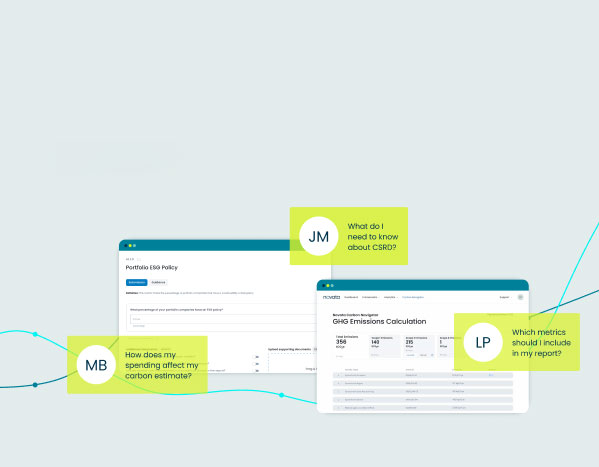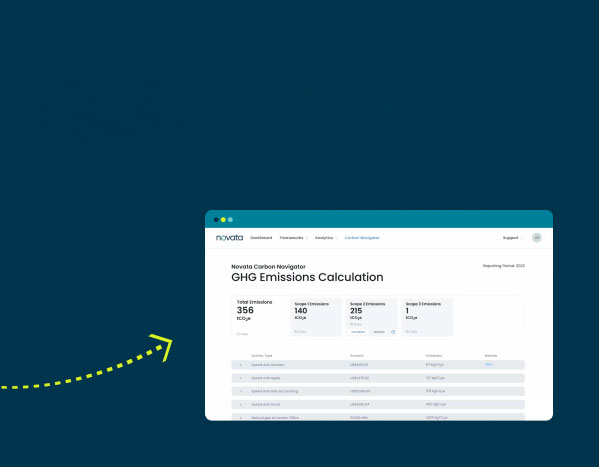Getting to grips with carbon is becoming increasingly business-critical for companies across the world. In the EU and the US, in particular, the demand for greater transparency into carbon data is on the rise as companies commit to addressing climate risks and mitigating or reducing the impact of their emissions in the long term. What is driving this trend? In the private markets, there are four main reasons why companies should create a carbon inventory and track their emissions.
1. Compliance with Regulations
The recent introduction of certain regulations, such as the Corporate Sustainability Reporting Directive in Europe and SB 253 in California, means that in the next few years, companies physically won’t be able to do business in some jurisdictions without transparency on their carbon emissions. Just as it’s a requirement to disclose financial accounts, companies will also need to provide carbon accounts in the future.
2. Access to Capital
All companies need access to capital, sooner or later, and many investors, lenders, banks have strict rules about what they invest and where. When it comes to raising money in today’s landscape , having carbon data and a strategy to address risks will help companies ensure they aren’t needlessly closing off pools of capital. For example, a 2023 study found that 78% of private equity professions said reducing their portfolio’s carbon emissions has made a positive impact on fundraising performance.
3. Cost Savings
In many areas of a business’ operations, operating with better efficiency both reduces wasteful emissions and saves money. Some examples of this include replacing inefficient traditional lighting with energy efficient LED lights or using smart devices to more accurately control heating and cooling. Tracking emissions can help companies identify these efficiency win-wins and develop plans to make improvements.
4. Business Opportunities
Many Fortune 500 companies have committed to setting Science Based Targets. This means they are obligated to reduce their scope 3 emissions, 80% of which is situated in their supply chain. As one might expect, these companies are passing on the same obligations to their suppliers to measure, report, and reduce their emissions. For private companies that want to sell to the Fortune 500 (i.e., most B2B companies), being prepared to meet this requirement is important to take advantage of business opportunities. Instead of seeing it as a cost center, companies can see it as an opportunity to get ahead and gain an advantage over competitors.
Getting Started with Measuring Carbon Emissions
In summary, tracking carbon emissions has rapidly become a necessity for companies looking to succeed in today’s landscape. To get started, companies need to gather their data and establish an accurate emissions baseline. Learn more about how Novata and the Novata Carbon Navigator can help you take this first step on the journey to measuring and reducing your carbon emissions.






